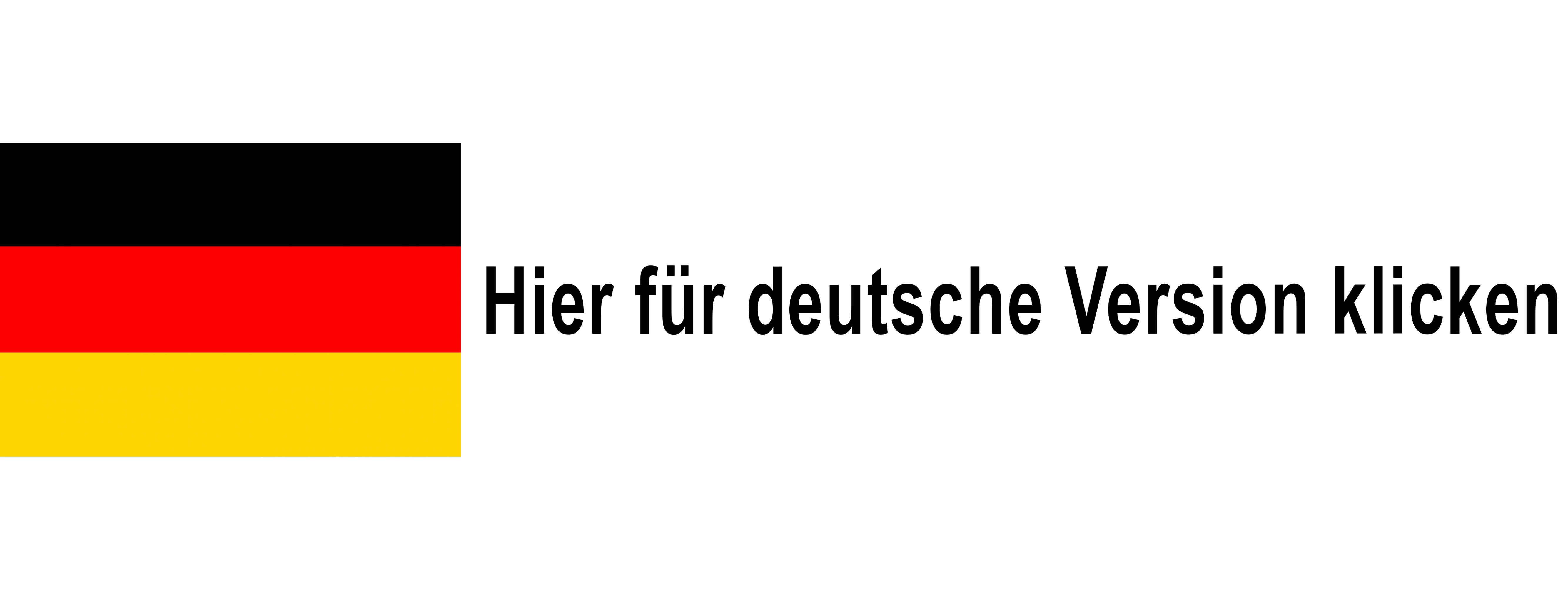- GU Home
- Faculties
- Faculty 03 Social Siences
- Students
- Study Programs at the Faculty of Social Sciences
- Bachelor of Arts Gender Studies Minor
- Content and Structure B.A. Gender Studies Minor
Content and Structure B.A. Gender Studies Minor
- Information for Students
- Information for First Semesters
- Information for Prospective Students
- Study Programs at the Faculty of Social Sciences
- Bachelor of Arts Political Science Major
- Bachelor of Arts Political Science Minor
- Bachelor of Arts Sociology Major
- Bachelor of Arts Sociology Minor
- Bachelor of Arts Gender Studies Minor
- Master of Arts Political Science
- Master of Arts International Studies / Peace and Conflict Research
- Master of Arts Political Theory
- Master of Arts Sociology
- Master of Arts Economic Sociology
- Master of Arts Comparative Democracy
- Internship
- Vocational Orientation
- Examinations and Examination Office
- Student Counselling
At a Glance
|
Standard period of study: |
Follows the standard period of study for the chosen BA main subject |
|
Programme start: |
Winter semester |
|
Admission restrictions: |
Admission to the programme is restricted. |
|
Scale: |
60 credit points (CP) |
|
Number of modules: |
3 compulsory modules, 2 compulsory elective modules |
|
Module examination formats: |
Term
paper |
|
Language(s) of instruction: |
German, English |
|
Programme Director: |
Modules & content structure of the B.A. Gender Studies minor programme
The BA Gender Studies (Minor Subject) degree programme comprises five modules (3 compulsory modules, 2 compulsory elective modules). A module is a stand-alone thematic unit consisting of several courses.
Foundation Phase (Compulsory)
Contents:
- Basic concepts and central debates in gender studies,
- historical developments and international perspectives,
- Subject areas of gender studies from different disciplinary perspectives,
- Practising various forms of work using practical examples (own research on various topics, text analyses, presentation of results, discussions).
Final module examinations, coursework and proof of participation:
Students attend two interdisciplinary CG colloquia (1 CP each) and must provide evidence of active participation in two proseminars (3 CP each). The module concludes with a written examination or term paper (4 CP) following one of the courses (with the exception of the CG colloquia).
The two interdisciplinary CG colloquia can be replaced by a tutorial on Introduction to Gender Studies (1 SWS/2 CP), depending on what is available.
The module is completed with a total of 12 credit points.
Contents:
- Feminist critique of knowledge and science,
- Methods of qualitative and quantitative empirical social research, ethnographic research, image and media analysis, classical hermeneutic and historical methods of literary or cultural-historical research in relation to different subject areas of gender studies,debates on methodologies and epistemologies in gender studies:
- Partiality, situated knowledge, actor research, inter- and transdisciplinarity; queer studies; postcolonial studies; technoscience studies
Final module examinations, coursework and proof of participation:
Students attend an Interdisciplinary CGC Colloquium (1 CP) and must provide evidence of active participation in two proseminars (3 CP each). The module concludes with a written examination or term paper (4 CP) following one of the courses (with the exception of the CGC colloquium).
The module is completed with a total of 11 credit points.
Advanced Phase (Compulsory Electives): Students choose 2 modules from 3 |
Contents:
Selected topics, theories and methods of sociological theory relevant to gender studies
- sociological theory and sociology of the family, sociology of education, sociology of labour and industry, political sociology, sociology of migration, ethnology, sociology of ageing, sociology of the welfare state and social policy, sociology of sport, sociology of media and communication, sociology of religion, Protestant theology and religious studies,
- Philosophy and political theory, gender-related reconstruction of basic concepts, gender-related policy field analyses, including family policy, social policy, development policy, economic policy, financial policy, international relations, gender equality policy, gender mainstreaming,
- law, in particular civil law (focus area: labour, social affairs and living conditions) and public law (focus area: internationalisation and Europeanisation of law),
- biopolitics,
- biomedicine,participation and social movement research
- as well as the cross-cutting topics of gender justice, transformations of the public and private spheres, transnationalisation and social inequalities.
Final module examinations, academic achievements and proof of participation:
Students must provide evidence of active participation in two proseminars (3 CP each) and provide evidence of independent study (2 CP). The module concludes with a written examination or term paper (4 CP).
The module is completed with a total of 12 credit points.
Contents:
- Selected topics, theories and methods relevant to gender studies in literature, art and film studies
- literature, art and film studies as well as media studies and visual culture, ethnology, educational science, theology and religious studies, history and social psychology,
- Core concepts of cultural studies gender research (discourse, representation, performativity, historicity, nature/culture)
- Transculturality and cultural transfer,
- canon revision, literary and cultural history,
- as well as the cross-cutting topics of production and change processes of symbolic gender orders, sexualities and identity constructions, gender images and their mediation.
Final module examinations, academic achievements and proof of participation:
Students must provide evidence of active participation in two proseminars (3 CP each) and provide evidence of independent study (2 CP). The module concludes with a written examination or term paper (4 CP).
The module is completed with a total of 12 credit points.
Contents:
- C
entral concepts of queerfeminist perspectives: Heteronormativity, intersectionality, neo-materialist approaches, Trans and international debates and developments in (queer) feminist movements and theories, Queer Studies, Trans*Studies, decoloniality, postcolonial studies, critical whiteness studies, Masculinity Studies, Critical Men's Studies, Sexuality, the body and 'new materialism', Intersectionality, Diversity Studies, Affect Studies, standpoint theories.
Final module examinations, academic achievements and proof of participation:
Students must provide evidence of active participation in two proseminars (3 CP each) and provide evidence of independent study (2 CP). The module concludes with a written examination or term paper (4 CP).
The module is completed with a total of 12 credit points.
Compulsory Modules:
Contents:
Content can be individually selected and combined from the modules
- Inter-/Transdisciplinarity. Scientific criticism and methods in gender studies,
- Society, politics, law,
- Culture, identity, sexuality,
- Current debates and theories in gender studies,
- or a current gender research focus from one of the cooperating departments.
Final module examinations, coursework and proof of participation:
Students must provide evidence of active participation in two seminars (3 CP each) and provide evidence of independent study (2 CP). The module concludes with a written examination or term paper (5 CP).
The module is completed with a total of 13 credit points.
Contact
Dipl.-Soz. Alexander Simon
Student counselling for B.A. programs in Political Science and
Sociology / Student counselling for M.A. programs / M.A. admission /
B.A./M.A. internship counselling
E-Mail:
studienfachberatung.fb03@soz.uni-frankfurt.de
PEG Room 2.G 133
Open consultation hours:
Tuesday 11a.m - 1p.m.
Thursday 11a.m. - 1 p.m.
In lecture free time only on Tuesdays
Open telephone consultation hours:
Wednesday 11a.m - 1p.m.
or by individual arrangement
Goethe-University
Department 03
PEG-Building
Theodor-W.-Adorno-Platz 6
60323 Frankfurt am Main
- Studying at Goethe University
- International applicants
- Faculties
- Overview of study programmes
- Programme for refugees
- GRADE
- Goethe Business School (continuing education)
- Research at Goethe University
- Scientific news
- Goethe Welcome Center (for international researchers)
- Collaborative research projects
- Individual research
- Visiting fellowships
- Endowed chairs
- About the University
- News-in-brief
- University administration
- Campus locations
- Campus life
- University archives (German)
- Rhine-Main-Universities









